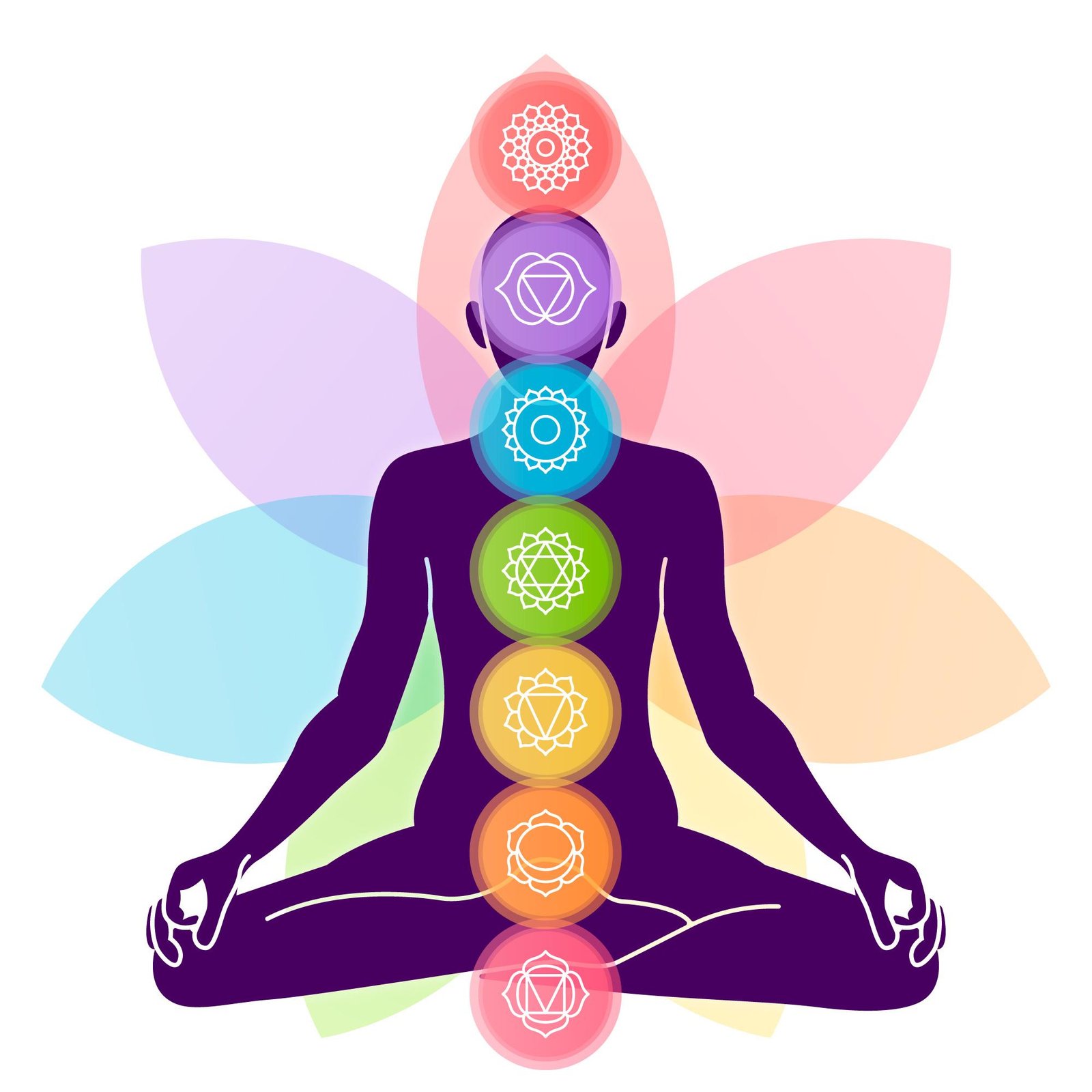
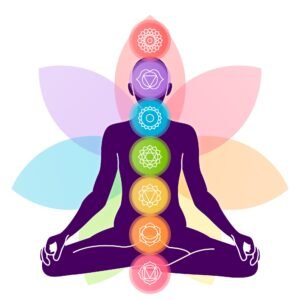 Yoga for Beginners: 5 Poses to Inner Wellness
Yoga for Beginners: 5 Poses to Inner Wellness
Yoga, a time-honored practice that harmonizes the mind, body, and spirit, has been embraced by millions worldwide for its transformative benefits. If you’re new to yoga, it might seem intimidating at first, but rest assured that it’s an inclusive and adaptable practice suitable for people of all ages and fitness levels. In this article, we’ll guide you through the fundamentals of yoga for beginners, helping you embark on a journey toward greater flexibility, strength, and inner peace.
Understanding Yoga:
Yoga is more than just physical postures; it’s a holistic approach to well-being that combines physical movement, mindful breathing, and meditation. The word “yoga” itself means union, signifying the harmonious integration of your body, mind, and spirit.
Getting Started:
Basic Yoga Poses for Beginners:
There are a total of 84 Yoga postures and you can find the best one for yourself. You can start your Yoga journey as a beginner by following the simple yet effective postures mentioned below;
 Tadasana, or Mountain Pose, is one of the foundational yoga postures and is often referred to as the “mother” of all asanas. This simple yet powerful pose serves as the starting point for many other yoga poses, making it an essential element of any yoga practice. Tadasana teaches us the art of standing with awareness and integrity, a lesson that extends far beyond the mat. Stand tall with feet together, arms relaxed at your sides. This pose establishes the foundation for many other poses and helps improve posture.
Tadasana, or Mountain Pose, is one of the foundational yoga postures and is often referred to as the “mother” of all asanas. This simple yet powerful pose serves as the starting point for many other yoga poses, making it an essential element of any yoga practice. Tadasana teaches us the art of standing with awareness and integrity, a lesson that extends far beyond the mat. Stand tall with feet together, arms relaxed at your sides. This pose establishes the foundation for many other poses and helps improve posture.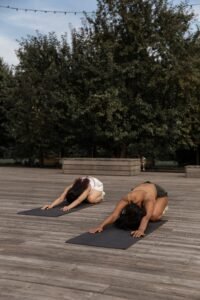 Balasana, commonly known as Child’s Pose, is a fundamental yoga pose that is frequently used as a resting position during yoga practice. This gentle and introspective posture offers a moment of reprieve, relaxation, and self-care, making it an essential part of any yoga routine. Kneel and sit back on your heels, stretching your arms forward and lowering your forehead to the ground. This gentle pose is great for relaxation.
Balasana, commonly known as Child’s Pose, is a fundamental yoga pose that is frequently used as a resting position during yoga practice. This gentle and introspective posture offers a moment of reprieve, relaxation, and self-care, making it an essential part of any yoga routine. Kneel and sit back on your heels, stretching your arms forward and lowering your forehead to the ground. This gentle pose is great for relaxation.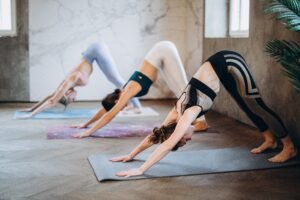 Adho Mukha Svanasana, often referred to as Downward-Facing Dog or simply Down Dog, is one of the most recognized and frequently practiced yoga poses. This dynamic posture is both invigorating and calming, offering a myriad of physical and mental benefits. It’s a cornerstone of many yoga routines, and its influence extends far beyond the mat. Begin on your hands and knees, then push your hips up and back, forming an inverted V-shape. This pose enhances flexibility and strength.
Adho Mukha Svanasana, often referred to as Downward-Facing Dog or simply Down Dog, is one of the most recognized and frequently practiced yoga poses. This dynamic posture is both invigorating and calming, offering a myriad of physical and mental benefits. It’s a cornerstone of many yoga routines, and its influence extends far beyond the mat. Begin on your hands and knees, then push your hips up and back, forming an inverted V-shape. This pose enhances flexibility and strength.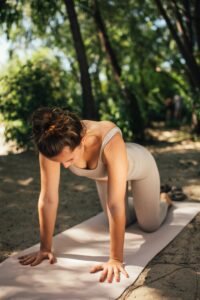 The Marjaryasana-Bitilasana, also known as Cat-Cow Stretch, is a gentle and rhythmic yoga sequence that serves as a warm-up exercise or a standalone practice. This graceful, flowing movement helps to increase spinal flexibility and cultivate mindfulness through the synchronization of breath and motion. On your hands and knees, arch your back upward (like a scared cat) and then dip it downward (like a contented cow). This flowing motion is excellent for spinal flexibility.
The Marjaryasana-Bitilasana, also known as Cat-Cow Stretch, is a gentle and rhythmic yoga sequence that serves as a warm-up exercise or a standalone practice. This graceful, flowing movement helps to increase spinal flexibility and cultivate mindfulness through the synchronization of breath and motion. On your hands and knees, arch your back upward (like a scared cat) and then dip it downward (like a contented cow). This flowing motion is excellent for spinal flexibility.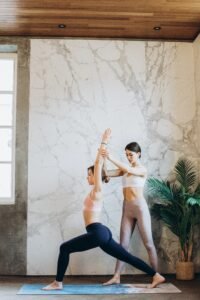 Virabhadrasana I, or Warrior I Pose, is a dynamic and empowering yoga pose that embodies the qualities of a warrior—strength, courage, and unwavering determination. This foundational asana is not only a physical practice but also a profound embodiment of inner fortitude. Step one foot forward, bend the knee, and extend the other leg back. Raise your arms overhead, palms facing each other. This pose cultivates strength and balance.
Virabhadrasana I, or Warrior I Pose, is a dynamic and empowering yoga pose that embodies the qualities of a warrior—strength, courage, and unwavering determination. This foundational asana is not only a physical practice but also a profound embodiment of inner fortitude. Step one foot forward, bend the knee, and extend the other leg back. Raise your arms overhead, palms facing each other. This pose cultivates strength and balance.Breathing Techniques:
It’s very important to perform basic postures before diving into the breathing techniques to get the benefits of practicing Yoga.
Pranayama, or yogic breathing, is integral to yoga practice. Start with simple techniques like:
Mindfulness and Meditation: Relaxation Device
Yoga is not just about physical poses; it’s about cultivating mental stillness and awareness. Incorporate brief meditation sessions into your practice to calm the mind and relieve stress.
Conclusion:
Embarking on your yoga journey as a beginner is a beautiful step toward enhancing your physical and mental well-being. Be patient with yourself, and remember that progress is a gradual process. Yoga is ultimately about self-discovery and self-improvement. As you delve deeper into your practice, you’ll find that yoga is a limitless wellspring of inner peace, balance, and strength. So, unroll your mat, take a deep breath, and embrace the transformative power of yoga.
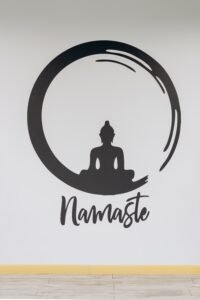
Startough – Stay Tough!
